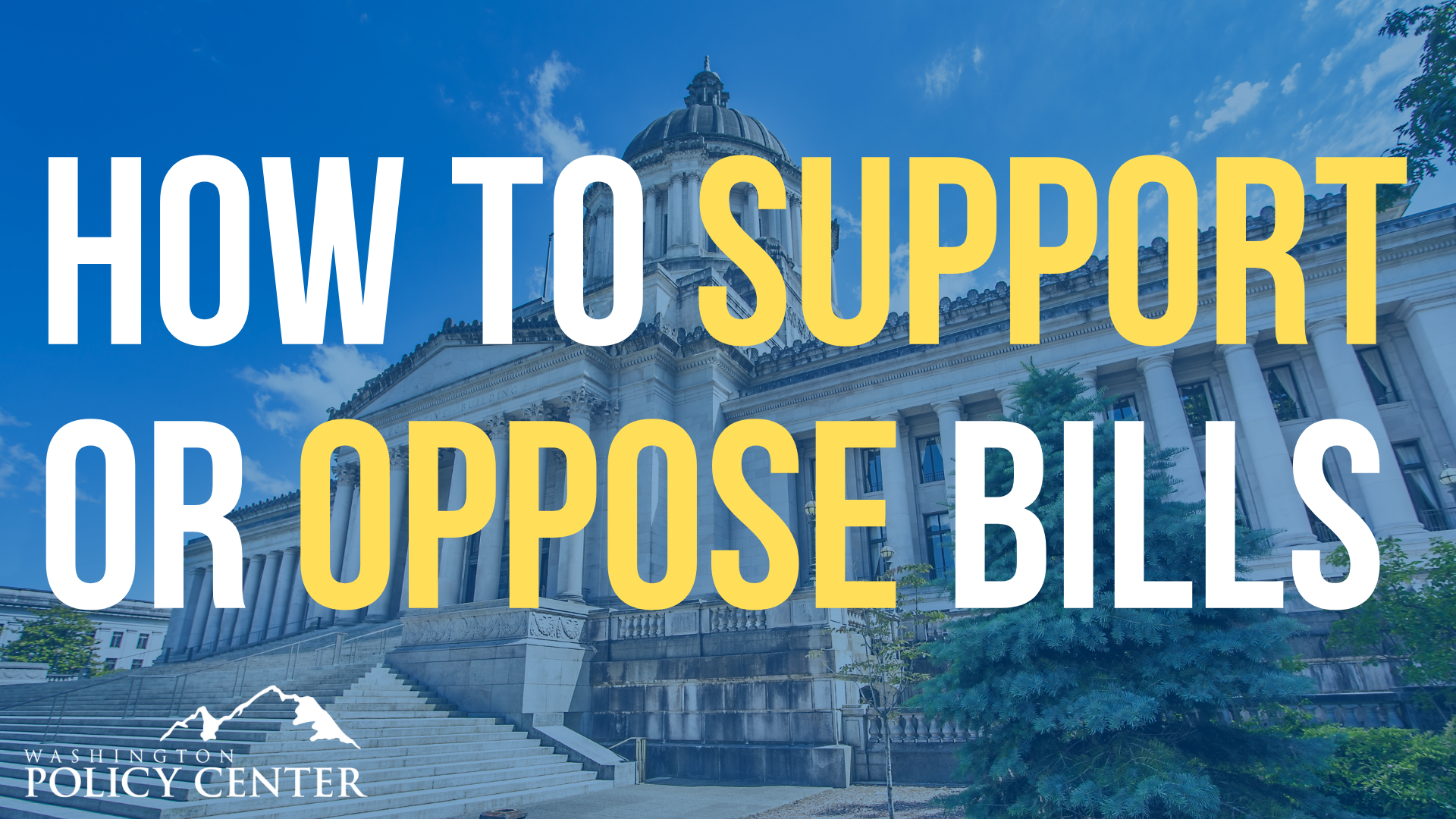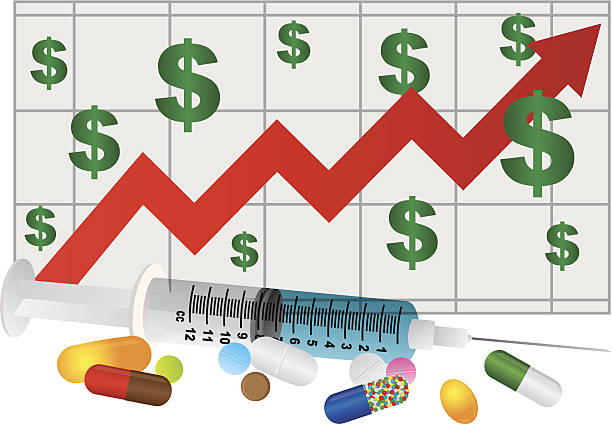The United States, along with the rest of the world, now faces a pandemic caused by the COVID-19 virus. In the U.S., actions are now being taken by communities, by states, and by the federal government to slow the spread of the virus, to provide adequate treatment for those who contract the virus, and to develop an effective vaccine to protect people in the future.
As of yesterday, Washington state has had over 900 documented cases, with 48 deaths attributed to the virus infection. Governor Inslee announced that as of today he would use emergency powers to begin closing restaurants, bars, and other social-gathering places for at least two weeks. Events would be limited to those with 50 or fewer attendees. This is in line with federal recommendations.
With the legislature not now in session, the role of the governor and his use of executive orders becomes more important. From a practical standpoint, executive orders are the quickest method of combating a rapidly changing health care landscape.
Government officials have been pro-active in reminding people to practice good sanitary measures. People should not congregate in groups larger than ten. Individuals should leave at least six feet between each other. Avoid people with cold or flu symptoms. Wash hands thoroughly, cover coughs and sneezes, and avoid touching your face. People with symptoms should seek out testing and should self-quarantine.
What else should the federal government be doing at this time? First of all, the administration must give states more flexibility. Without applying for cumbersome waivers, states should be allowed to reform their Medicaid programs to direct funds to the most needy and most ill. Medicare rules should be modified to allow rapid transfer of patients from hospitals to nursing homes and vice versa. The federal government should get involved in cross-state licensure of providers to increase manpower where most needed.
The federal government should not give states unrestricted money. Dollars must be specifically targeted to the COVID-19 crisis and should not be used for state budget deficits or other non-related state priorities.
States have a number of policies they can institute to deal with the crisis.
- Expand the use of telemedicine, including its interstate use. This can not only increase access for patients, but can keep them away from clinic and hospital settings where they are more likely to acquire or spread the infection.
- Repeal Certificate of Need laws to increase health care facilities and equipment to treat the rapidly expanding number of patients with the COVID-19 virus.
- Relax state licensure laws to allow doctors and nurses to work across state lines to increase the provider supply in the areas of the most need. Likewise, relax recertification laws.
- Expand scope of practice laws to increase the pool of providers. Urgently train non-physician providers to assist in treating the ever-increasing number of virus patients.
- Reallocate state budget funds that are earmarked for capital spending and other non-urgent things to the health care crisis.
- Increase manpower by encouraging retired doctors and nurses to come back into practice on a temporary basis. Likewise, increase the role of medical and nursing students in the care of COVID-19 patients.
- On the financial front, prohibit balance billing for out-of-network patients, subsidize virus testing costs, and allow hospitals to share the costs of medical equipment such as ventilators.
- Limit medical malpractice awards and expand the use of Good Samaritan laws.
The COVID-19 virus is spreading rapidly. This is a once in a generation crisis. Both federal and state governments should act quickly and deliberately to decrease the impact of the virus. Americans are smart to maintain the best, most responsive health care system in the world. This is a system that is based on a vibrant private market, supported as needed by robust government action, that can deal with such a wide-spread medical event.






